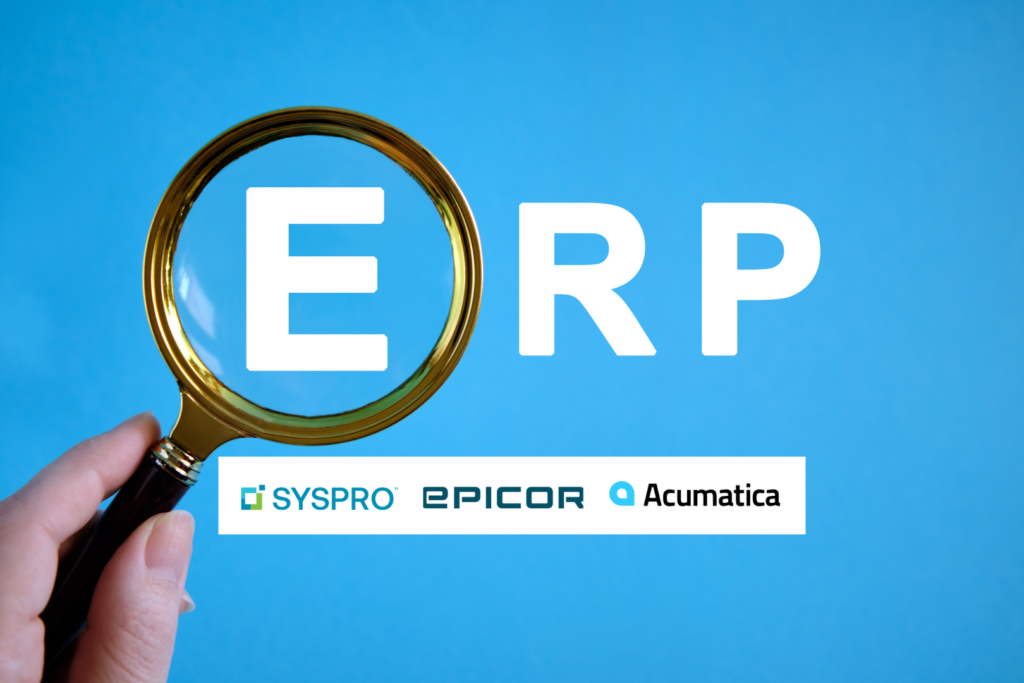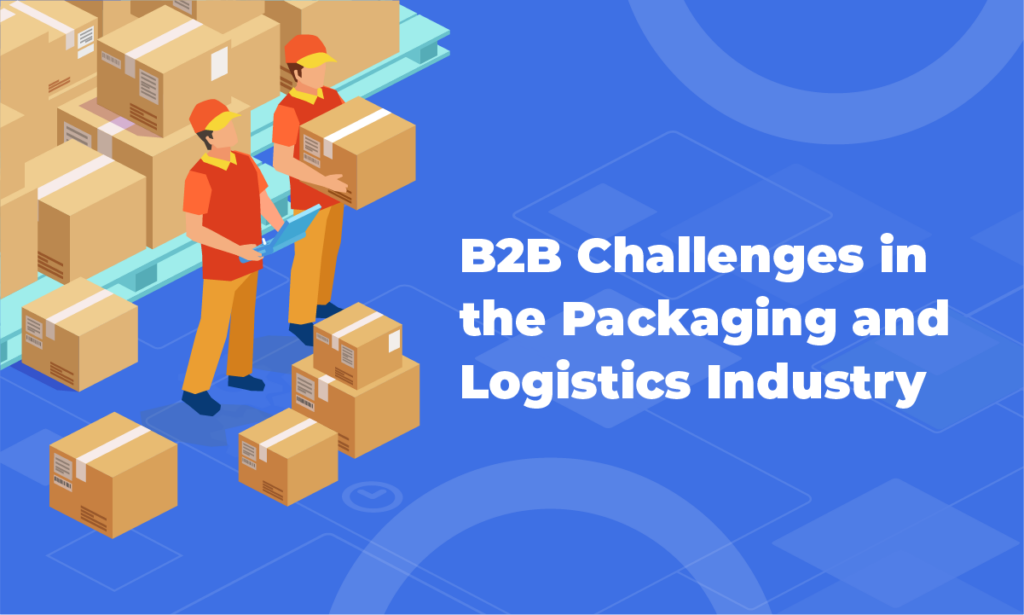Shopify Plus is probably on the ‘possible’ list for many business to business (B2B) organizations that are planning to continue their digital transformation journey in the post-pandemic world.
Shopify is popular because it is easy to use for businesses that want to sell online but don’t have in-house ecommerce expertise. It’s a cloud-based software as a service (SaaS) platform that allows your business to start its online journey quickly and cost effectively. There are also a range of apps and integrations available to support special requirements and future growth.
The basic Shopify packages are used by many retailers and the enterprise-scale Shopify Plus is now gaining the attention of B2B companies.
Shopify ecommerce for B2B
You can use Shopify Plus to create an online store, manage your inventory, process payments, and fulfill orders. You can create your own look and feel and add functionality with apps and integrations. However, things can become complicated when you want to coordinate business functions as your sales increase.
You can create one or more Shopify B2B websites and take advantage of Shopify’s search engine optimization (SEO) tools to build your marketing campaigns.
Brands like Heinz to Home, Laird Superfoods, Beard and Blade, General Electric, Polycom, and Pepsi have chosen Shopify Plus for their B2B and direct to consumer (D2C) sales – here are some of the reasons why:
Easy management – ease of use is still a hallmark of Shopify Plus, which makes it a popular choice for B2B companies. It has an easy to use dashboard that will display the most relevant B2B features, such as orders, goods, customer information, reports, and applications.
Scalability – choosing the right platform for your B2B operations requires a long-term strategy so flexibility and the scope to grow cost effectively are important considerations. Shopify is a scalable application for the number of transactions you need to handle.
Security – protecting sensitive information from cybercriminals has never been more important, so users are attracted by the multiple layers of security offered by Shopify Plus.
App integration – Shopify has an extensive marketplace of apps and extensions that have been reviewed and tested. They include applications and integrations for customer service, marketing and promotions, inventory control, and wholesale and B2B ordering.
Shopify Plus can handle high levels of application programming interface (API) calls allowing multiple integrations to operate in tandem.
Payments – payment options are a priority for many B2B organizations. Shopify Pay is attractive to businesses that have repeated orders from their corporate customers. B2B customers can save their credit card, delivery, and other billing details for easy reordering and fast checkouts. However, this option isn’t available in all countries.
Automation – Shopify offers extensive automation and website-management features and plenty of plugins for inventory, profit margin monitoring, and data backups, for example.
Marketing – the marketing tools available on Shopify Plus are also attractive to B2B operators. There is a dedicated marketing section on the Shopify dashboard for marketing including email, Facebook, and Google campaigns.
Insights – ecommerce analytics are available to help you develop your strategy, evaluate your results in real-time, collect accurate data, and create reports on your sales activities.
SEO – search engine optimization (SEO) features include on-page optimization and other ranking tools although a lack of flexibility can cause problems.
Your choice
B2B companies interested in the advantages of ecommerce can simplify their approach with a scalable SaaS ecommerce solution. Robust and easy to use B2B features, comprehensive options for business system integration, security, customization, and fast implementation will all be priorities.
Shopify Plus will tick many of these boxes but before you make your choice, consider Cloudfy.
Cloudfy is a leading SaaS ecommerce platform that was designed from the beginning to meet the needs of manufacturers, distributors, and wholesalers. It is a scalable and flexible, robust, and cost-effective option with integrations for all the major business systems available out-of-the-box.
There is a range of ready-built extensions specifically designed for B2B applications, and a powerful API for your specialist requirements.
Your ecommerce site can be up and running in weeks rather than months, all for a transparent monthly subscription.





